300 +/- parts per million
A deficiency of zinc can lead to a wide variety of degenerative diseases and illnesses. Zinc deficiency is common due to depletion of our soil and losses associated with food processing. Zinc aids in: the proper assimilation of vitamins, normal growth and development, maintenance of body tissues, sexual function, immune system, chemical detoxification, synthesis of DNA, and helps reduce healing time both before
hand after surgery. It is an anti-oxidant, and must be in proper balance to assist some 25 enzymes in various functions involving digestion, metabolism, and reproduction.
In the 1800’s surgeons used zinc as an antiseptic/antibiotic after surgery and it was noted for its healing properties. Zinc is anti-bacterial, anti-viral and is found in all the body fluids, including the moisture in the eyes, lungs, nose, urine, and saliva.
Because zinc moves through all the fluids in the body, it creates a defense against infection-causing bacteria and viruses trying to enter the body and stops bacterial and viral replication. Zinc is stored in the thyroid, pancreas, liver, kidneys, bones, voluntary muscles, prostate, sperm, skin, hair, nails, white blood corpuscles and parts of the eyes.
Some symptoms of a zinc deficiency:
- Angina
- Herpes
- Alzheimer’s
- Hypertension
- Anemia
- Hair loss
- Anthrax
- Infertility
- Alcoholism
- Infection
- Acne
- Libido
- Anorexia & Bulimia
- Loss of smell and taste
- Body odor
- Miscarriages
- Birth defects
- Obesity
- Cavities
- PMS
- Chohn’s Disease
- Still births
- Depression
- Thyroid disorders
- Diabetes
- Urinary tract infections
- Eye diseases
- Free radical damage
Natural sources: oysters, red meat, liver, egg yolks, whole grains, nuts, legumes, poultry, seafood, Brewer’s yeast, mushrooms.

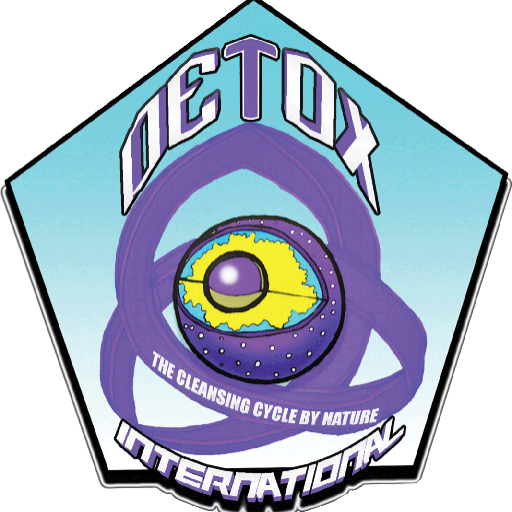
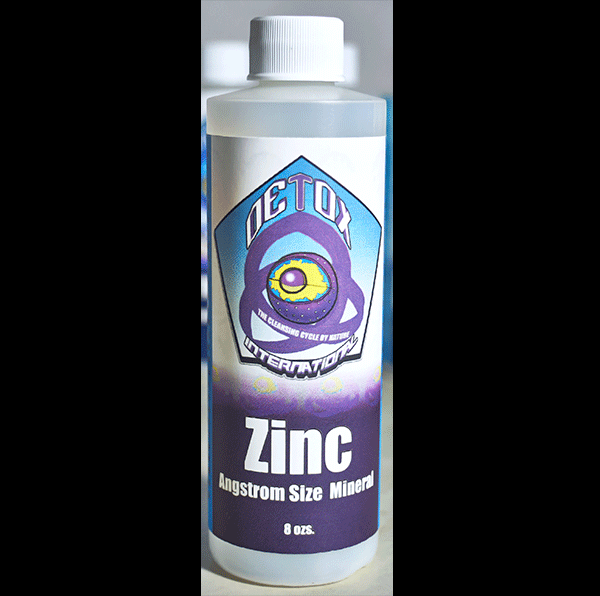
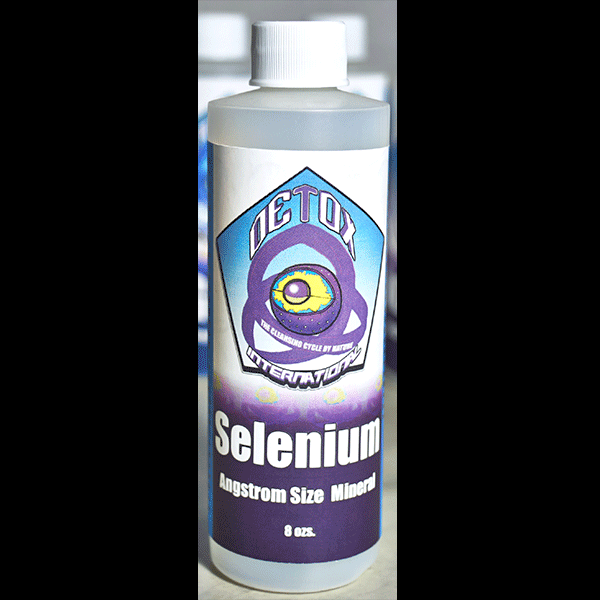
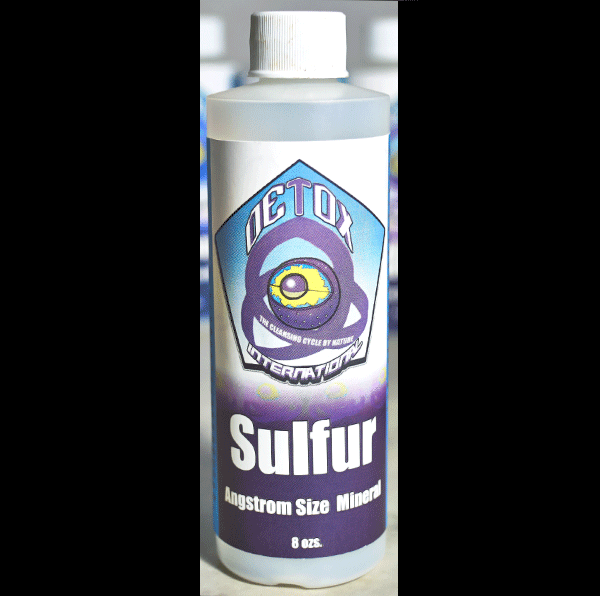

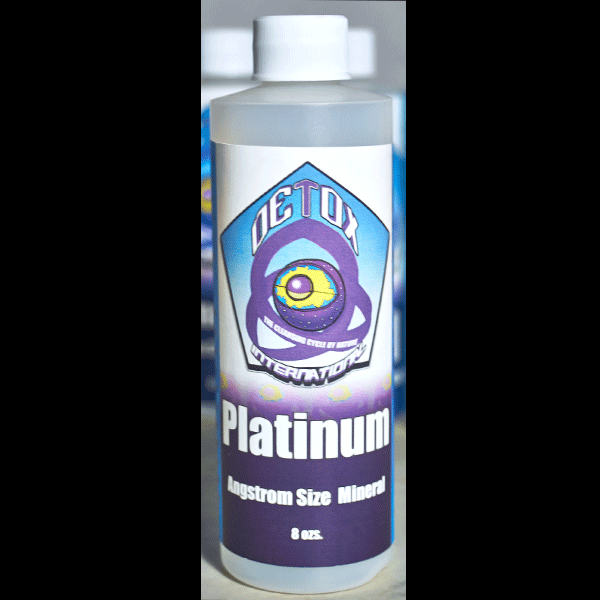
There are no reviews yet.